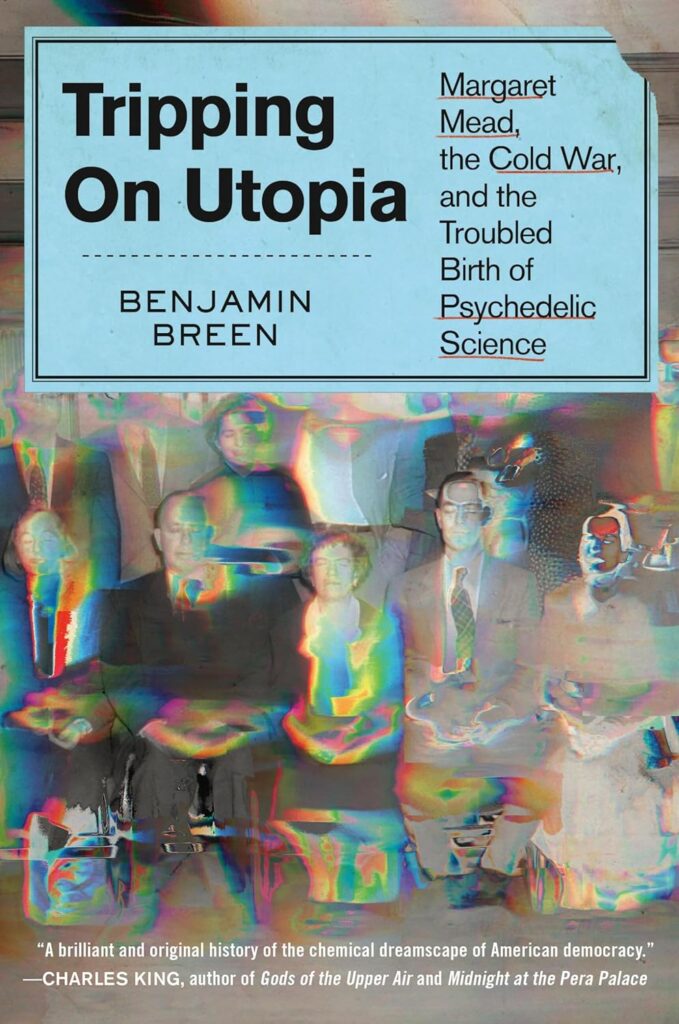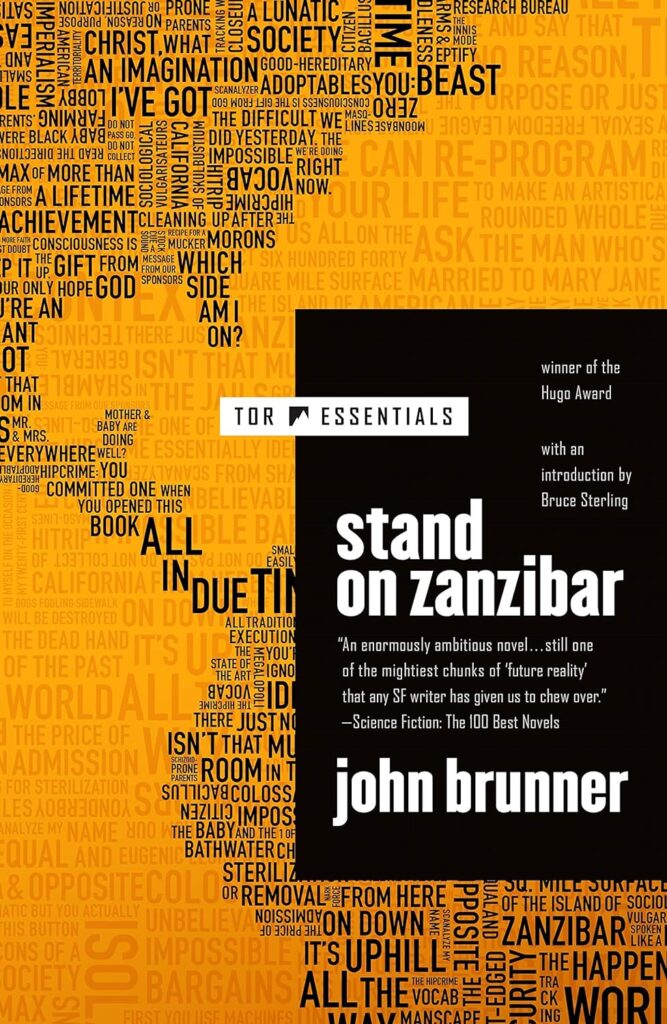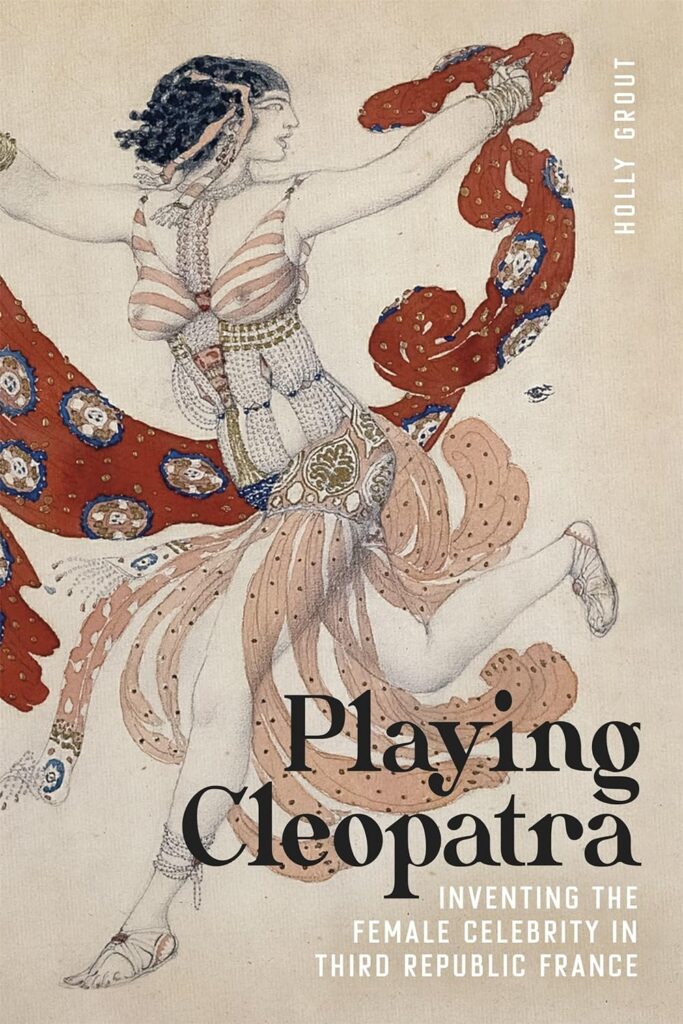
One of my resolutions last year was to just read more for pleasure and indeed fiction proved one of my most joyful escapes in what was a pretty rough year. I kept things fairly light, with a lot of genre fiction I had been meaning to get to for a while now (I have the long running goal of reading all the Hugo Award winners). I think I had wanted to read a couple dozen books and I got close. If we count Moon Witch, Spider King as a few books considering the length, I think I can say I achieved my goal.
Here’s my list of books I read (not counting any for work), with some scattered thoughts.
- Nettle and Bone by T. Kingfisher – My hot take is that while the shenanigans around Babel at the 2023 Hugo Awards was deplorable, the better book actually won.
- Network Effect by Martha Wells – How many series just get better and better?
- Orlando: A Biography by Virginia Woolf – Finally knocked this one off my to-read list and am looking forward to watching the Tilda Swinton adaptation this year.
- Pietre le Letton by Georges Simenon – First in a couple of old-school mysteries I read this year.
- The Big Sleep by Raymond Chandler – The second
- Number Go Up by Zeke Faux – I normally avoid pop history/reporting turned into books, but this was a funny, lucid explanation of the bs behind crypto.
- Red Team Blues by Cory Doctorow
- Count Zero by William Gibson – Will finish this trilogy this year.
- Tripping on Utopia: Margaret Mead, the Cold War, and the Troubled Birth of Psychadelic Science by Benjamin Breen – I blogged about this one.
- Stand on Zanzibar by John Brunner
- To Your Scattered Bodies Go by Philip José Farmer
- Everyone Knows Your Mother is a Witch by Gretch Rivka – The best historical fiction I’ve read in a good while.
- Just Kids by Patti Smith – As memorable as everyone said it would be
- The Deep Sky by Yume Kitasei
- Tomorrow and Tomorrow and Tomorrow by Gabrielle Zevin – Entertaining, but my gamer brain kept telling me that the central creation of the story couldn’t have been made before the Indie game surge of the 2000s.
- The Kamogawa Food Detectives by Hsashi Kashiwai – Made me so hungry.
- Moon Witch, Spider King by Marlon James
- Near Strangers by Marian Crotty
- Slouching Toward Bethlehem by Joan Didion
- The Talented Mr. Ripley by Patricia Highsmith



